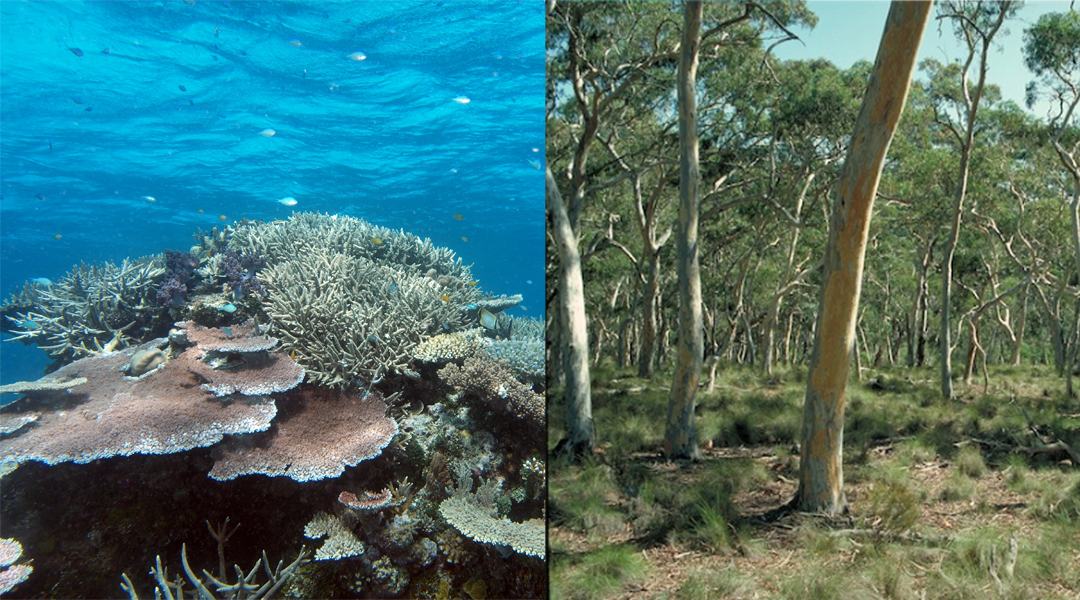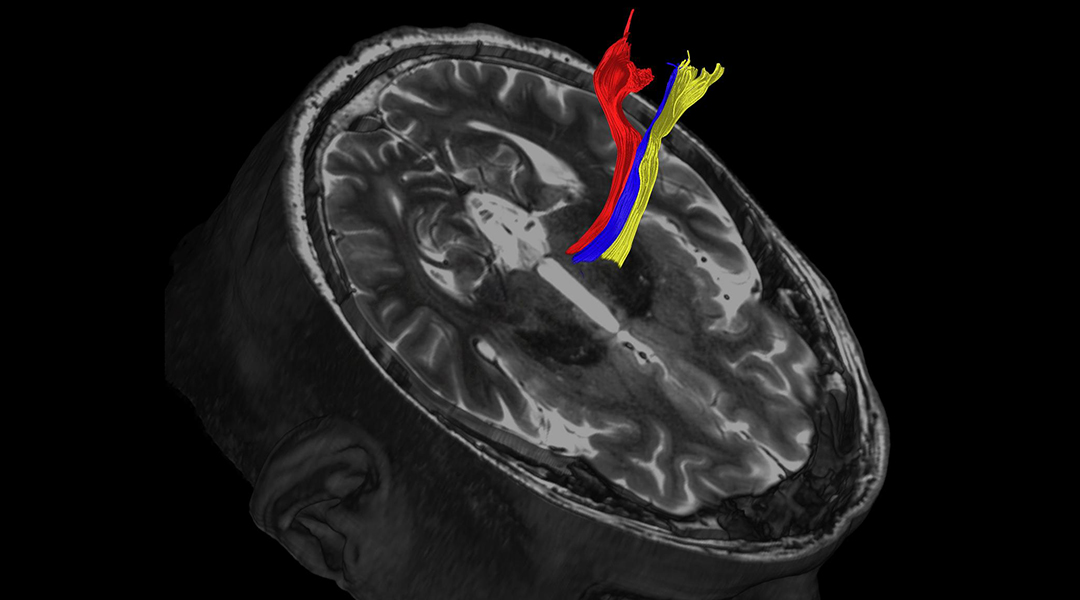Taking a look at the past, present, and future of combinatorial chemistry in materials research.


Taking a look at the past, present, and future of combinatorial chemistry in materials research.

SARS-CoV-2 can survive the human digestive tract, and new research shows that flushing toilets could be a means of transmitting the virus.

Researchers have successfully induced a hibernation-like state in non-hibernating rodents, suggesting the possibility of synthetic hibernation for humans.

A new study estimates that one in five people worldwide have an underlying health condition that could increase their risk of severe COVID-19 if infected.

How can scientists studying different key foundational species under threat learn from one another to address declines in ecosystems?

Microalgal biorefinery has emerged as one of the sustainable solutions for the production of biofuels and biochemicals. However, there are still some difficulties to be solved.

Research sheds new light on our hope of finding intelligent life across the galaxy.

COVID-19, like climate change, is a complex social problem that will require social scientific knowledge to understand its full and lasting impact impact.

Advanced MRI scans may improve treatment of tremors in patients with Parkinson’s disease.

X‐ray absorption spectroscopy represents a valuable characterization tool for complex materials like multialkali antimonides.